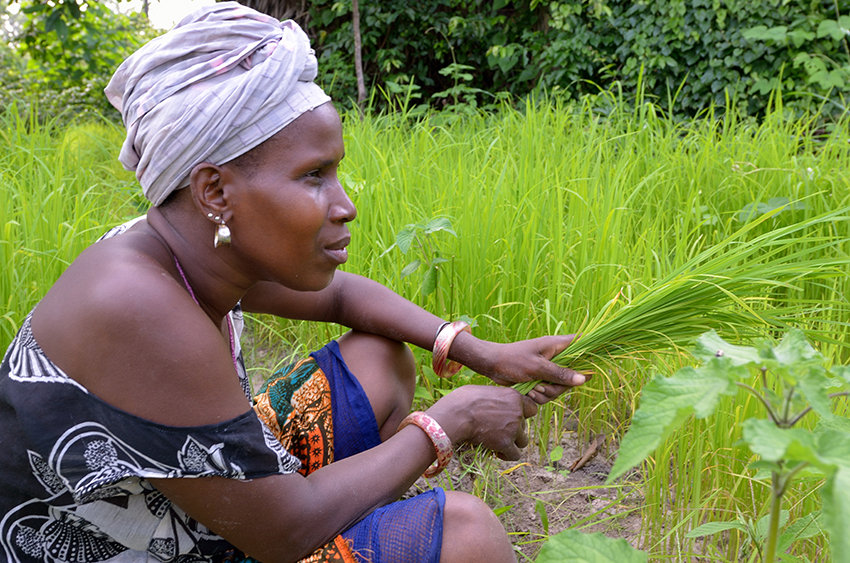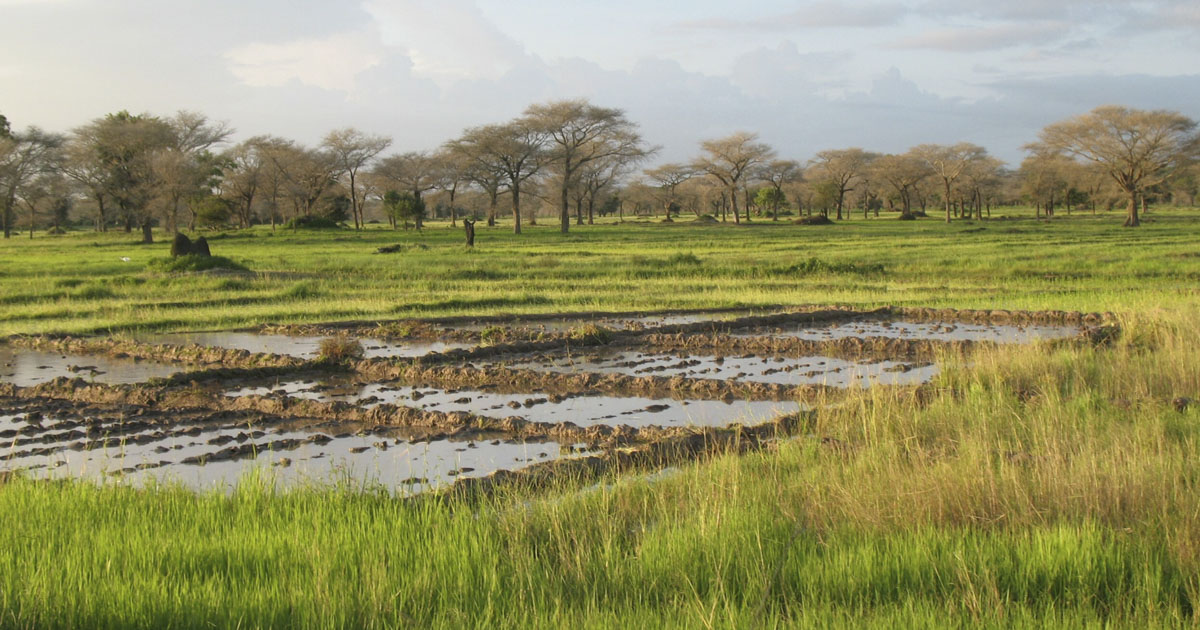Mathematica’s Center for International Policy Research and Evaluation (CIPRE) kicks off 2016 by evaluating an irrigation and water resource management project in the Senegal River Valley, the heart of Senegal’s rice production region. The project, implemented by the governments of Senegal and the United States under the guidance of the Millennium Challenge Corporation (MCC), aimed to formalize farmers’ land rights, mitigate land disputes, and increase agricultural production, employment, and incomes in the Senegal River Valley. The project is part of a larger $540 million MCC Compact aimed at reducing poverty by supporting agricultural activity and increasing access to markets and services.
To begin the evaluation, Mathematica is conducting an evaluability assessment that examines the potential for using a matched comparison group design in conjunction with qualitative methods to estimate the impacts of the project.
Mathematica’s team brings longstanding experience in the region to the evaluation. Project director and senior fellow Sarah Hughes served as a Peace Corps Volunteer in Mauritania, and survey director Kristen Velyvis served with the Peace Corps in Senegal. Both have conducted evaluations and data collection throughout sub-Saharan Africa for more than two decades. Consultant economist Harounan Kazianga worked on earlier phases of the evaluation, and local research coordinator Ahmadou Kandji brings additional specialized knowledge to the project team.
“This evaluation will provide MCC, the government of Senegal, and residents of the Senegal River Valley an independent assessment of the investment’s impact,” noted Hughes. “We see this as a learning opportunity for stakeholders in both Senegal and the United States, and hope it will provide lessons for irrigation and land tenure development projects in the region in the years to come. I also look forward to continuing Mathematica’s long-standing relationship with the Millennium Challenge Corporation, as this is the company’s 21st project with the MCC.”


